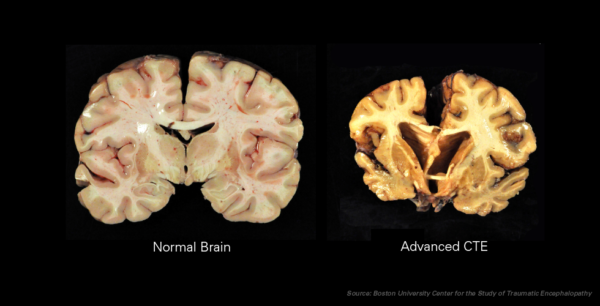The Department of Veteran Affairs (the “VA”) struggles to provide effective therapy for Veterans with PTSD and TBI. As such, SFTT has will now focus its attention on providing Veterans and their families cope with information on promising new alternative therapies to help brave warriors cope with brain injury.
The devastating effect of brain injury for hundreds of thousands of Veterans and their families cannot be underestimated. While SFTT will focus primarily on “new” therapy programs, we will occasionally report on the very unsettling problems faced by Veterans and their families as they seek to recover their lives.
Some “alternative” therapies have already proven to be quite successful, but many others are not widely known to Veterans or the medical profession at large. Even if these programs were endorsed or approved by the VA, treatment is often beyond the financial means of most Veterans.
While SFTT will let the “news” speak for itself, the science of treating brain injury is still in its infancy. SFTT attempts to provide balanced reporting of the pros and cons of these emerging therapy programs but strongly encourages the reader to make up their own mind as to their efficacy.
Brain Injuries May Start at a Young Age
A recent article in the New York Times entitled, “Hits to the Head May Result in Immediate Brain Damage,” is troubling for families raising children where contact sports is often a way of life.
While the nature of brain injuries suffered by Veterans leading to PTSD and TBI are far different, the New York Times article suggests that there is still much to be learned in treating concussive events.

SFTT has reported on several occasions that the NFL has been investigating a brain condition called chronic traumatic encephalopathy (“CTE”) which appears to be caused by repeated blows to the head causing a protein called tau to spread and kill brain cells.
For many years the NFL and the VA has tried to hide the effects of debilitating brain injuries from players and Veterans, but the evidence is now overwhelming that concussive events may cause irreparable damage to sensitive brain tissue and cells.
Many parents are already pulling their children from junior football programs and some soccer leagues now prohibit children below the age of 12 from “heading the ball” to avoid brain and neck injuries. Just recently, star performer Justin Timberlake who will perform at halftime at the Superbowl announced that “my son will not play football.”
Shouldn’t this be a warning message to all parents?
Ketamine Could Help Veterans with PTSD
Promising “new” drugs materialize daily that claim to help Veterans cope with the symptoms of PTSD and TBI. Ketamine, approved by the FDA many years ago for sedating people (but not approved for treating traumatic events) has become a popular treatment option for Veterans that have exhausted VA remedies.
The San Antonio Express News, reports that Ketamine “has achieved good results in clinical trials.” It adds that “the military also is interested in its use . . . and that two health facilities will treat active-duty troops and veterans. The research is funded by the Department of Defense and the Department of Veterans Affairs.”
The San Antonio Express News adds that “clinics use the drug off-label, and protocols, staffing and dosing can differ widely from one clinic to the next. Despite the lack of supporting clinical evidence, many seek ketamine for relief. “Even at low doses it alters the senses. Critics say the effects of longtime use remain unknown and wonder if ketamine clinics put vulnerable patients at risk.”

About the Author:
STAND FOR THE TROOPS ("SFTT") is a 501(c)(3) educational foundation dedicated to safeguarding the physical and emotional well-being of America’s military personnel. Currently, our most pressing mission is to investigate and connect veterans to result-oriented treatments for the Traumatic Brain Injuries (TBI) and Post Traumatic Stress Disorder (PTSD) now triggering so many military suicides.